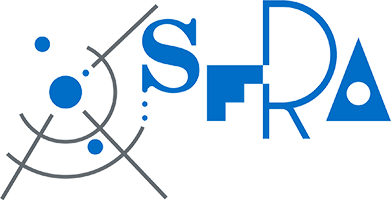2025-2026 (Track A)
Support a New Scholar Awardee:
Reem Mansour

Brief Bio
Reem Mansour is a last-year PhD candidate and teaching fellow in the English Literature department at the University of Haifa. Her scholarly interests span the fields of antebellum slave narratives, contemporary neo-slave narratives, Afrofuturism, Black Feminism, and CRF. She primarily focuses on politics of representation, memory, trauma, and revisionist history in novels of slavery published in the late twentieth- and early twenty-first- century. Reem has presented her work at various conferences including ACLA, ICFA, and SFRA. Beyond her interest in speculative fiction, she is curious about West African ontology and the way it intersects with contemporary novels of slavery. Her article “Beyond Skin-Deep: West African Cosmology and Embodied Trauma in Akwaeke Emezi’s Freshwater and Phyllis Alesia Perry’s Stigmata” is currently under review.
Research Summary
Reem’s dissertation, “Our Diabolic Dye: Revisiting Female Experience in Contemporary Neo-Slave Narratives: Sankofarrating Trauma through the Fantastic,” negotiates the concept of sankofarration as a narrative technique of spiritual return that aims to reimagine alternate pasts and possible futures. Focusing on female protagonists, the project forges a renewed understanding of enslaved women’s experiences by mapping their existence across multiple planes – temporal, spatial, spiritual, corporeal, and natural. Examining the incorporation of fantastic elements in neo-slave narratives, it suggests that the supernatural grants access to the historical archive and de-marginalizes the historically silenced voices of the enslaved. Reem argues that instead of providing utopian escapes from the antebellum South, as she had hoped to find, the selected novels instead facilitate a necessary reckoning with trauma as a prerequisite for cultural recovery and spiritual restitution.
